Surviving the pandemic with Dungeons & Dragons
How fantasy role-playing helped my family become teammates instead of rivals


A free daily email with the biggest news stories of the day – and the best features from TheWeek.com
You are now subscribed
Your newsletter sign-up was successful
For the past two years, my daughter has been a barbarian.
Friendly, thoughtful, and kind in real life, her player character in our family's Dungeons & Dragons campaign, Navarra Dune, is reserved, tough, and itching for a fight. When her party of adventurers is surrounded by blood-thirsty ghouls or under attack by marauding orcs, Navarra is the first to run into danger, her enchanted mace swinging wildly. Throughout her fifth and sixth grade years, my daughter has collected in-game kills with a zeal normally reserved for Harry Potter memorabilia. Truly, it's a sight to behold.
I grew up in the aftermath of the satanic panic of the 1980s when the fantasy role-playing game Dungeons & Dragons (D&D) was wrongly blamed for tragedies involving troubled young people. My personal exposure to the game came from a friend's older brother: a brooding, Metallica-loving teenager with long hair who dressed in all-black and accessorized with chains and combat boots. My husband, Ronnie, and I had become Christians as teenagers during a time when D&D was still decidedly verboten. Reading J.R.R. Tolkien was fine; playing a game inspired by his epic stories was not.
The Week
Escape your echo chamber. Get the facts behind the news, plus analysis from multiple perspectives.

Sign up for The Week's Free Newsletters
From our morning news briefing to a weekly Good News Newsletter, get the best of The Week delivered directly to your inbox.
From our morning news briefing to a weekly Good News Newsletter, get the best of The Week delivered directly to your inbox.
So when my pre-teen son brought home a D&D Player's Handbook in 2019, I was hesitant. But while I fretted about the potential risks of fantasy violence and the occult, Ronnie, a gregarious, sports-loving former jock, jumped in with both feet. He was eager to connect with his nerdy and bookish oldest child. With no background in fantasy whatsoever, Ronnie immersed himself in the role-playing world. They bonded over character creation, homebrew rules, and the minutiae of fantasy lore. They even started a campaign with a group of church friends. I was happy for them but watched it all from the outside.
Then, when the pandemic hit in early 2020, we struggled as did many households to find ways to cope. We continued to eat dinner together every night and share our daily "highs" and "lows." We implemented morning and evening prayer to keep us spiritually grounded. We started reading novels together every night before bed. And all of that helped. But the year our children spent in e-learning was remarkably difficult. Motivation was low, and joy seemed nonexistent. We knew we needed something more — something fun and, preferably, cooperative. "Why not play D&D together?" our son asked one night.
Since then, Ronnie, our friend Brandon, our two oldest children, and I have played D&D every Saturday. I am the Dungeon Master, or DM, which means I serve as rule-keeper and lead storyteller as they play fictional characters in a fantasy world. Though I provide a central plot with planned challenges, the full story — all relationships and actions — are improvised at the table with dice rolls to determine success or failure. Together we've crafted a tale of unlikely friends traveling the Sword Coast of Faerûn. Our adventurers have rescued kidnapped children, slain a dragon, restored an abandoned mansion, and defeated fire giants. (Thus far our youngest has been too restless to join in regular play, but she's currently considering a cameo as a human fighter.)
Yes, it's been a fun distraction from the international upheaval, but it's also been so much more. We've navigated differences in personality and strategy, both among the real-life players and their in-game characters. Working together despite these differences has meant learning to communicate well and set boundaries — and then figure out what to do when such attempts fail.
A free daily email with the biggest news stories of the day – and the best features from TheWeek.com
I've watched my kids, 13 and 12 years, learn to see each other as teammates instead of rivals. As they play and interact with characters very different from themselves, they've practiced seeing things from another's point of view, growing in kindness and generosity. They're brother and sister, so they still have their spats. But every week they come back to the table and re-enlist in a common cause.
I've seen us as parents learn to give our children the freedom to play with integrity, too, to take risks and make mistakes. It's easy to forget our children are their own people, but watching them play a character every week has kept that reality always before us. When a critical moment arises, we're tempted to engage in parental "metagaming," a role-playing cheat that involves giving outside information or advice to help things come out "right." But learning to let go in-game has helped us learn to let go outside the game, trusting in our children's maturing sense of self to guide them.
Just a few weeks ago, my daughter's beloved barbarian character was killed unexpectedly following a lengthy battle. Though depleted in health, headstrong Navarra wanted to pursue an enemy in retreat. I knew this was a bad idea, and my husband knew it was a bad idea, but we let her play as she chose. Despite her best efforts, the brutal armor-clad Orog brought her down with a single blow from his great axe. After four rolls of the dice, one "save" and three "fails," Navarra was dead. It was a surprisingly emotional moment as the characters gathered around her, both in-game and in real life, to mourn the loss. A few of us wept openly around the table.
It took a few days to come to grips with Navarra's death. At first, the party considered the different ways they might seek a resurrection. There are spells in D&D that can accomplish such a feat, but they are costly, rare, and would take a long time. Eventually, my daughter decided that she'd rather accept Navarra's death and start anew. With her brother's help, she brainstormed another barbarian and imagined how she might enter the story we've crafted so far. We plan to introduce her to the party next week.
I know that for American families the past two years have contained a decade's worth of stress and upheaval. We've endured a pandemic, a national reckoning on race, a contested election, an attempted insurrection, and a recession, all accompanied by a drastic decline in mental health nationwide, especially among youth. Many families have rallied through these pressures, and many have fractured and collapsed.
As I look at our own experience, I can see that alongside God's grace, favorable circumstances, and sheer dumb luck, our life together has been sustained at our kitchen table. There we've gathered to eat, pray, worship, and, yes, play Dungeons & Dragons. I never thought we'd become a "D&D family," but now I can't imagine our life without it. Our family's cooperative storytelling has transformed our relationships for the better (no small victory for a household with three adolescents). And I know we aren't the only ones.
I don't know where our family D&D campaign will conclude or what the future will be for this pandemic, let alone for our country. But I know that in-game and in real life, we have many more stories to tell.
Emily Hunter McGowin is assistant professor of theology at Wheaton College in Wheaton, IL, and author of Quivering Families (Fortress Press, 2018). She and her husband are both Anglican priests, and they live and play in Chicagoland with their three children.
-
 The ‘ravenous’ demand for Cornish minerals
The ‘ravenous’ demand for Cornish mineralsUnder the Radar Growing need for critical minerals to power tech has intensified ‘appetite’ for lithium, which could be a ‘huge boon’ for local economy
-
 Why are election experts taking Trump’s midterm threats seriously?
Why are election experts taking Trump’s midterm threats seriously?IN THE SPOTLIGHT As the president muses about polling place deployments and a centralized electoral system aimed at one-party control, lawmakers are taking this administration at its word
-
 ‘Restaurateurs have become millionaires’
‘Restaurateurs have become millionaires’Instant Opinion Opinion, comment and editorials of the day
-
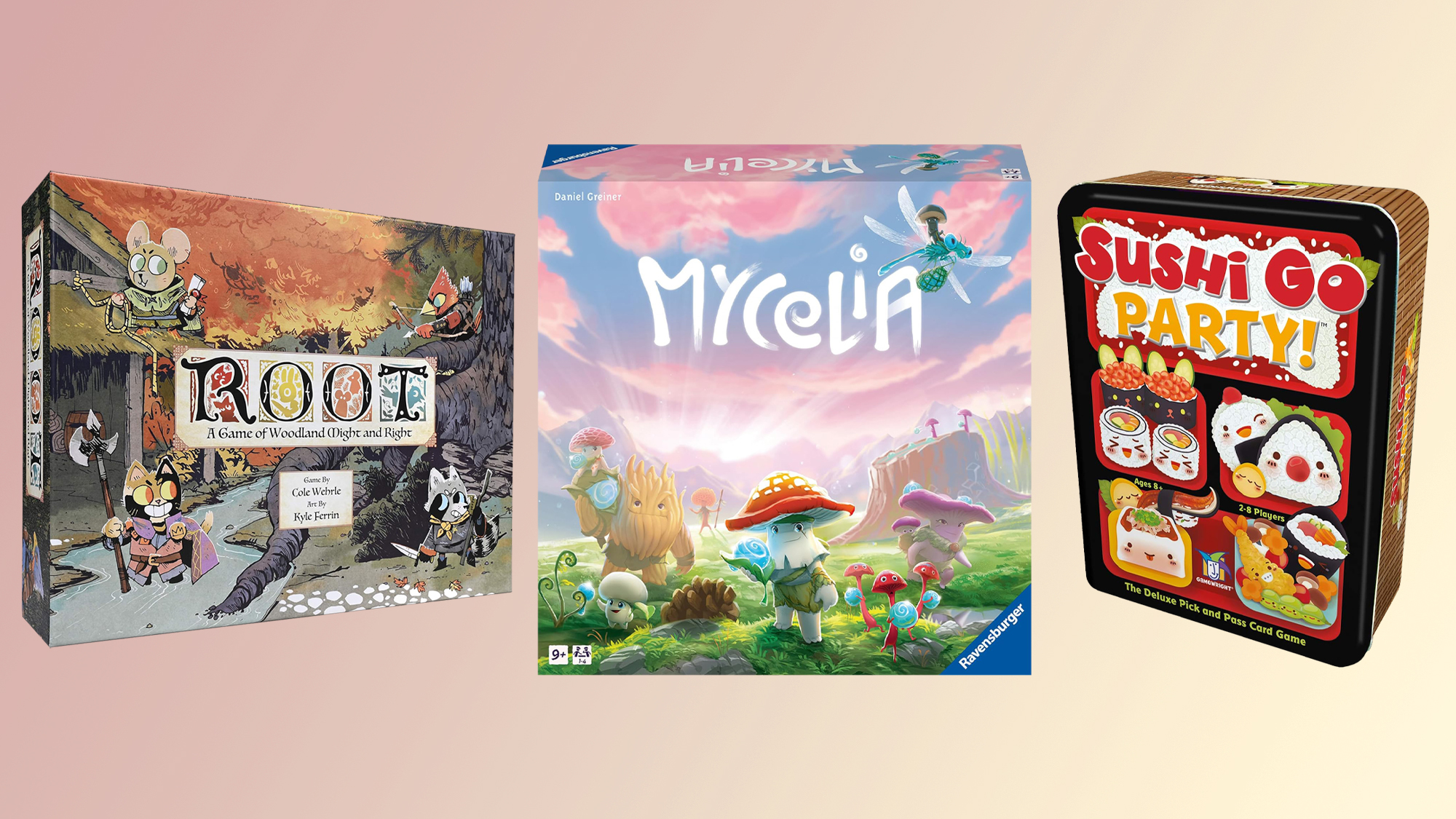 The best family board games
The best family board gamesThe Week Recommends Put down the smartphones and settle in for some old fashioned fun
-
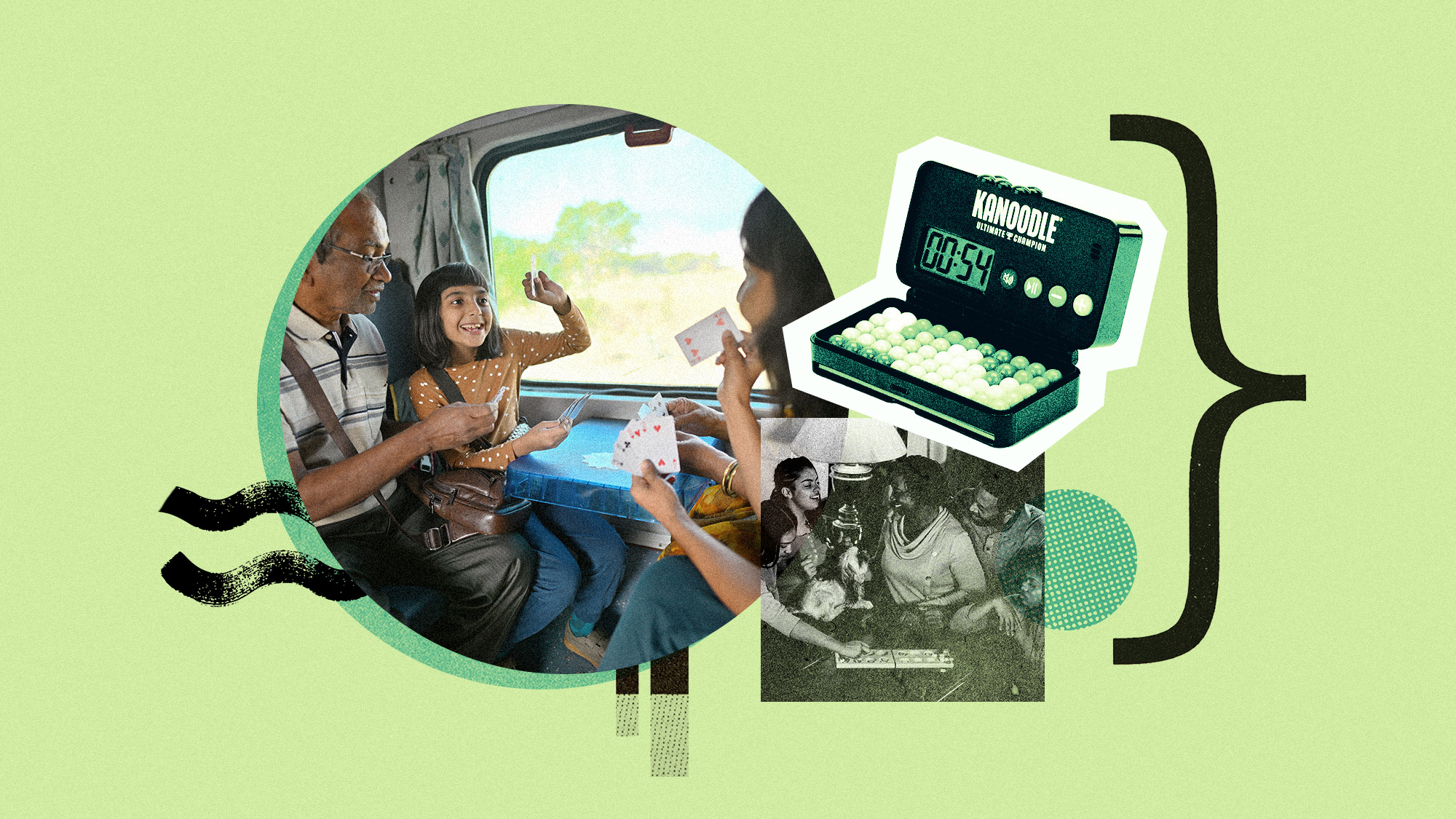 Down with Uno, up with this exciting collection of one-of-a-kind travel games
Down with Uno, up with this exciting collection of one-of-a-kind travel gamesThe Week Recommends Game on!
-
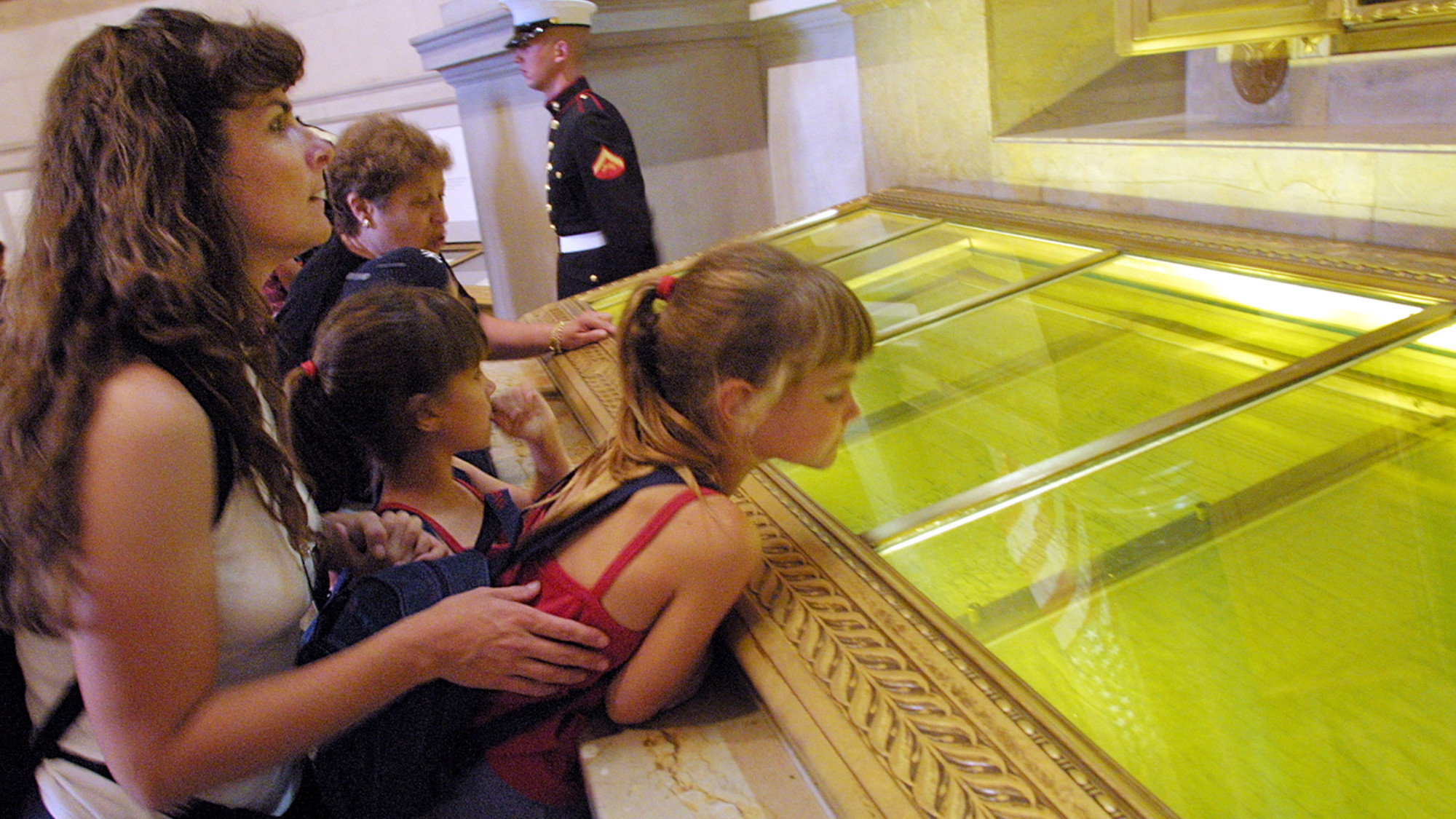 Book reviews: ‘We the People: A History of the U.S. Constitution’ and ‘Will There Ever Be Another You’
Book reviews: ‘We the People: A History of the U.S. Constitution’ and ‘Will There Ever Be Another You’Feature The many attempts to amend the U.S. Constitution and Patricia Lockwood’s struggle with long Covid
-
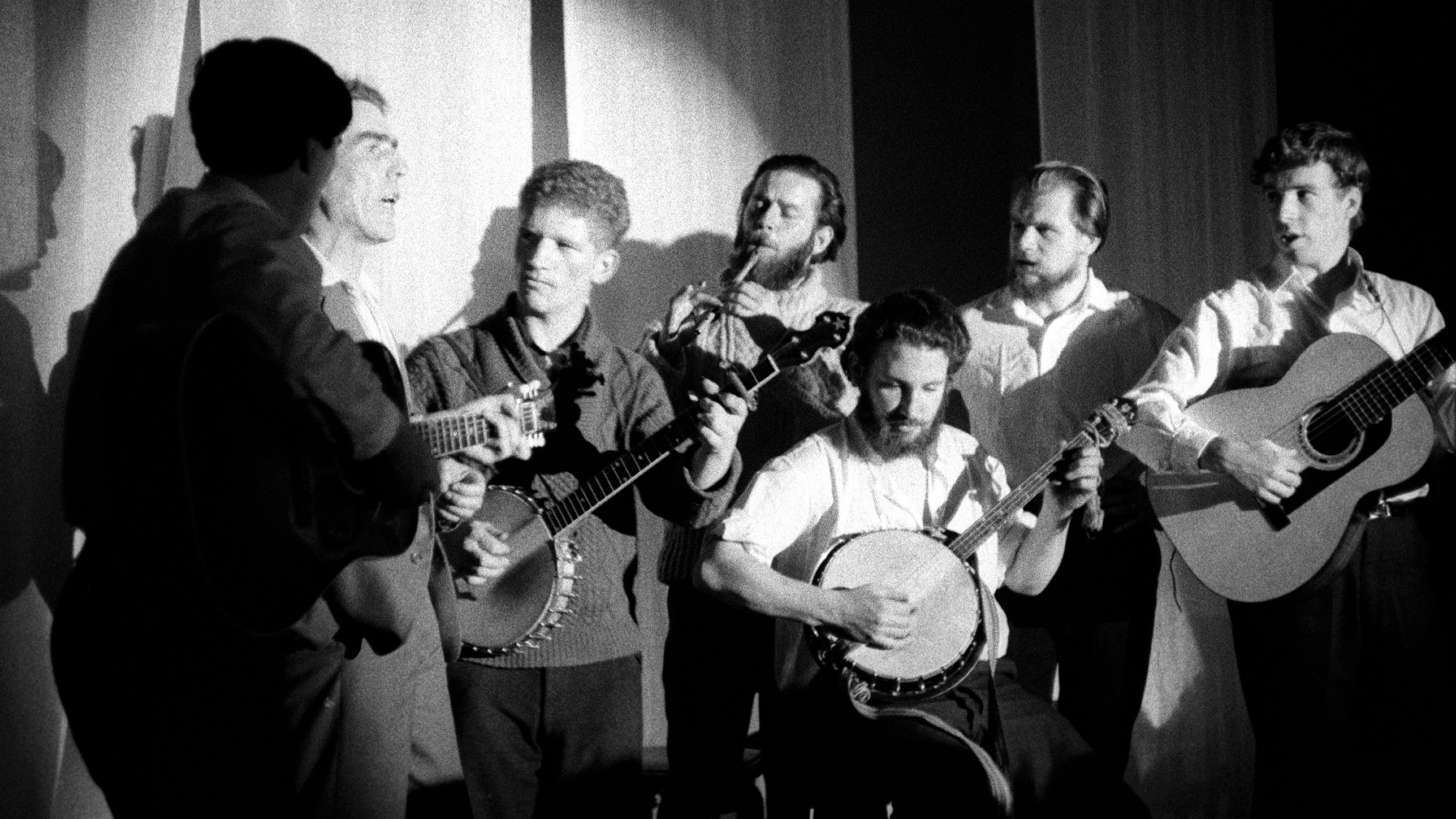 Why Irish traditional music is having a moment
Why Irish traditional music is having a momentIn The Spotlight Frustrations with isolation and technology credited for reviving 'auld' trad tunes
-
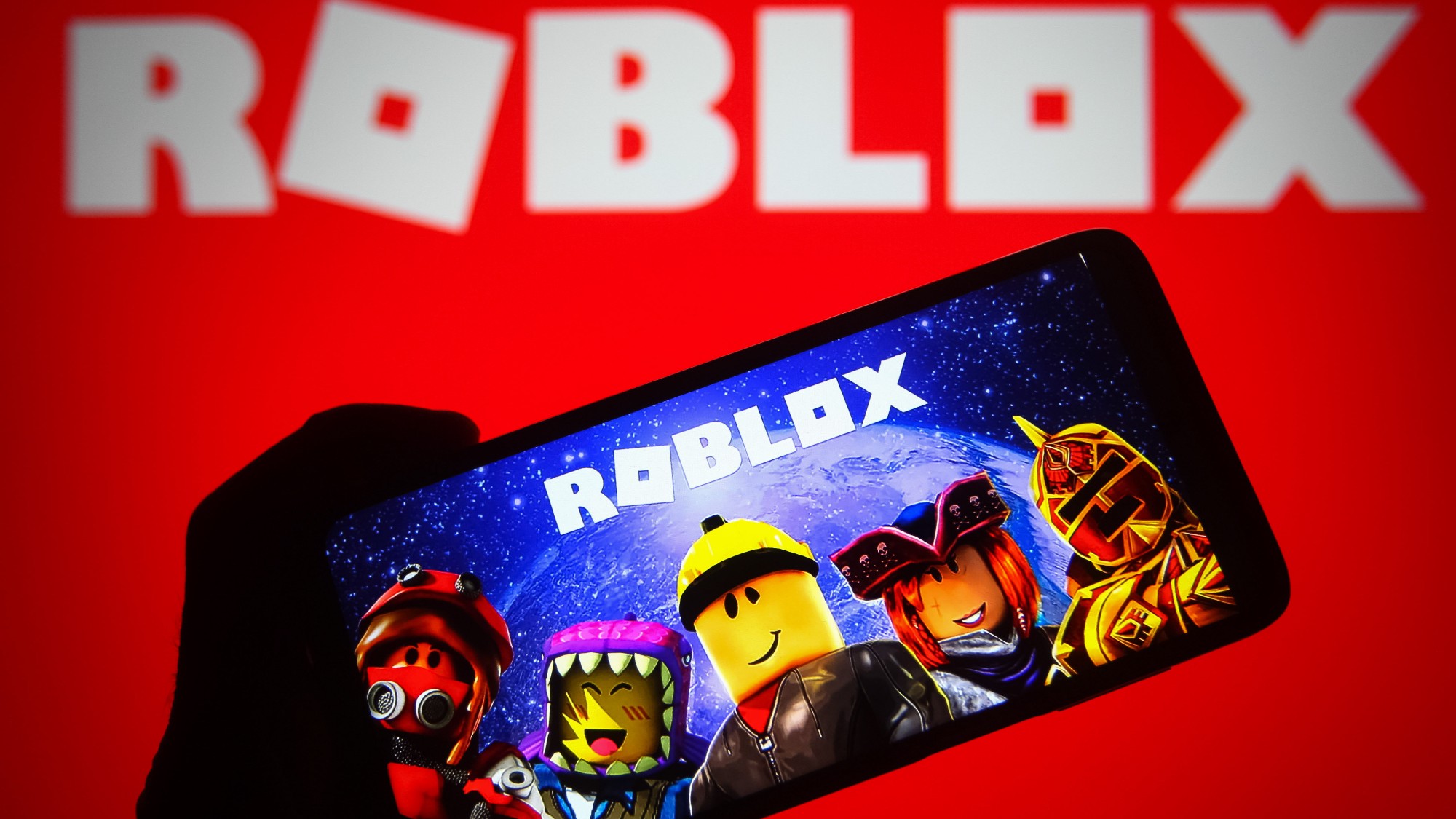 Roblox: new safety features leave kids 'at risk'
Roblox: new safety features leave kids 'at risk'The Explainer Gaming platform loved by children has been plagued by explicit content and grooming
-
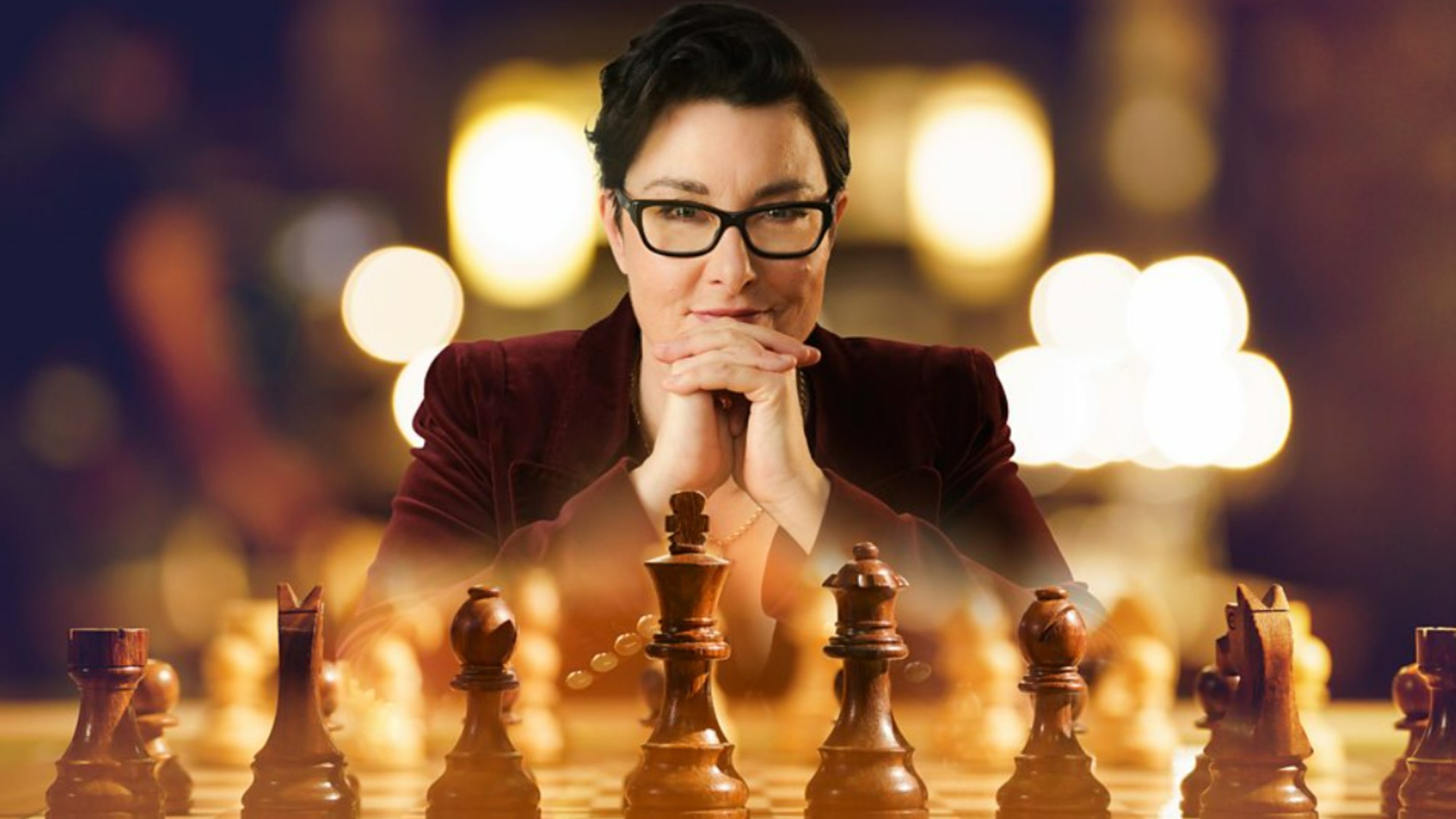 Chess on TV: a winning strategy?
Chess on TV: a winning strategy?Talking Point The popularity of chess is surging, but a new reality TV show struggles to capitalise on the craze
-
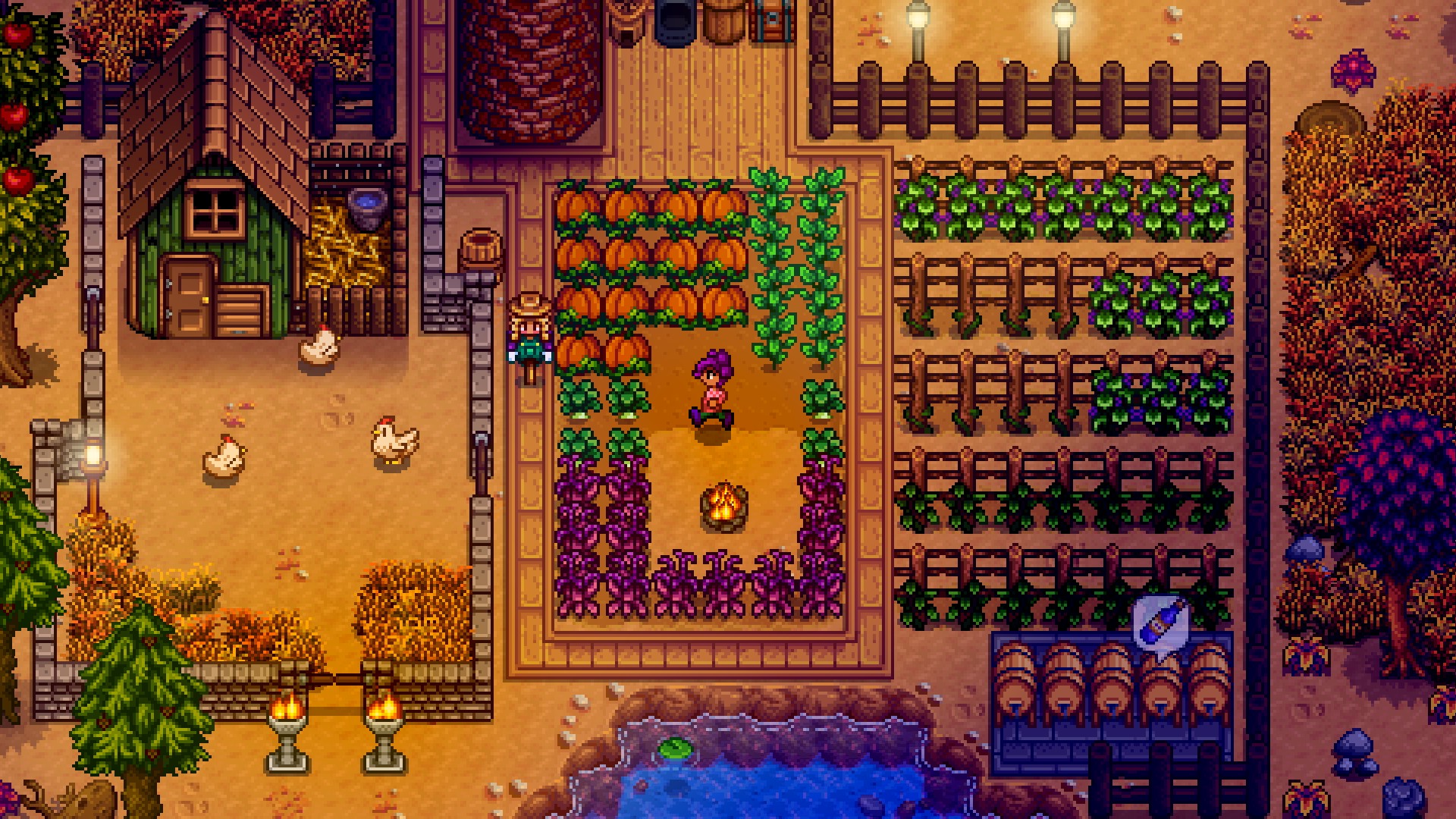 Cozy video games to help you unwind from the chaos
Cozy video games to help you unwind from the chaosThe Week Recommends Some games can go a long way in alleviating stress or anxiety
-
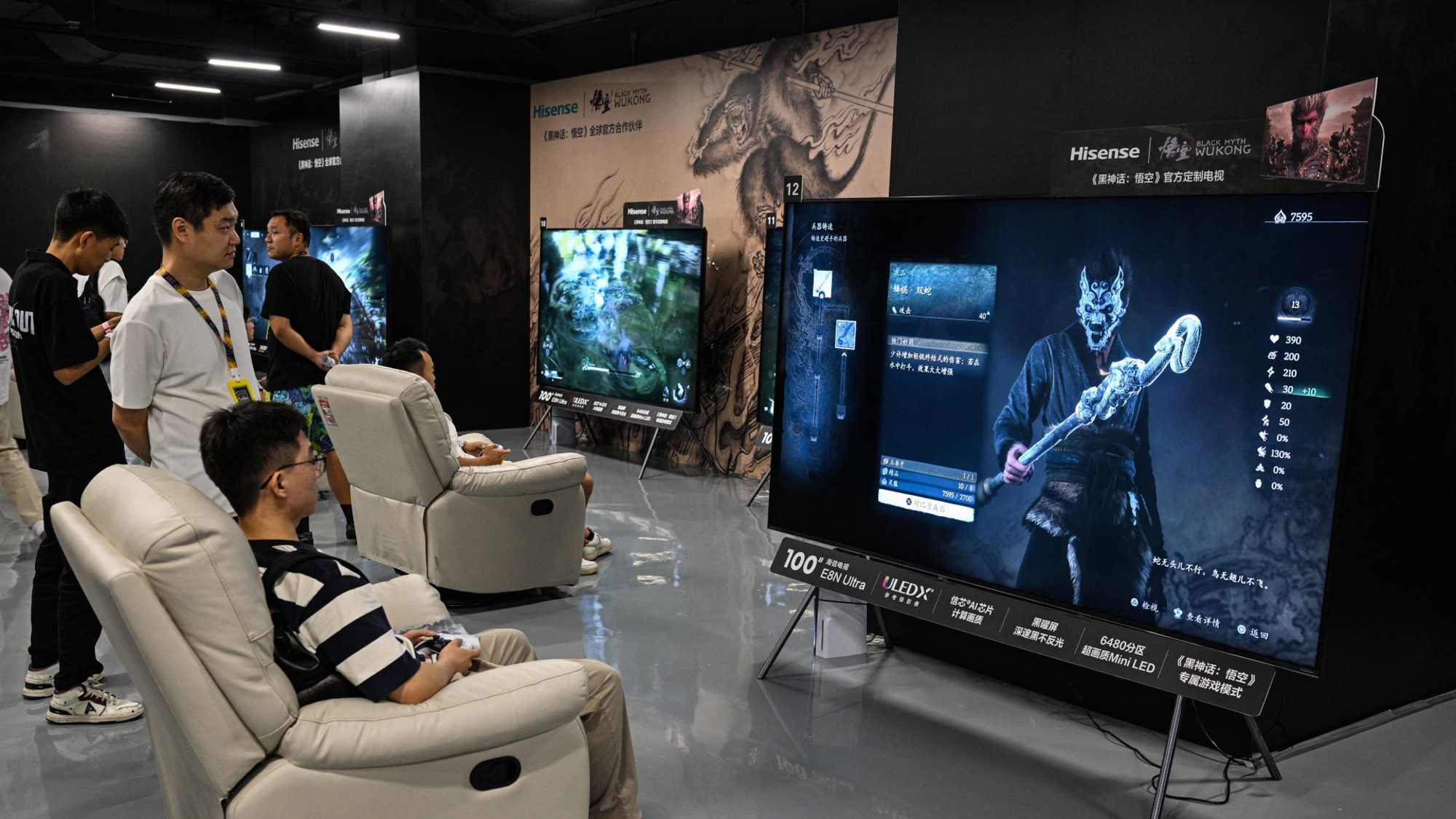 A popular new video game is at the center of China's censorship dispute
A popular new video game is at the center of China's censorship disputeIn the Spotlight 'Black Myth: Wukong' has more than a million players, but some are criticizing China's oversight of the game
